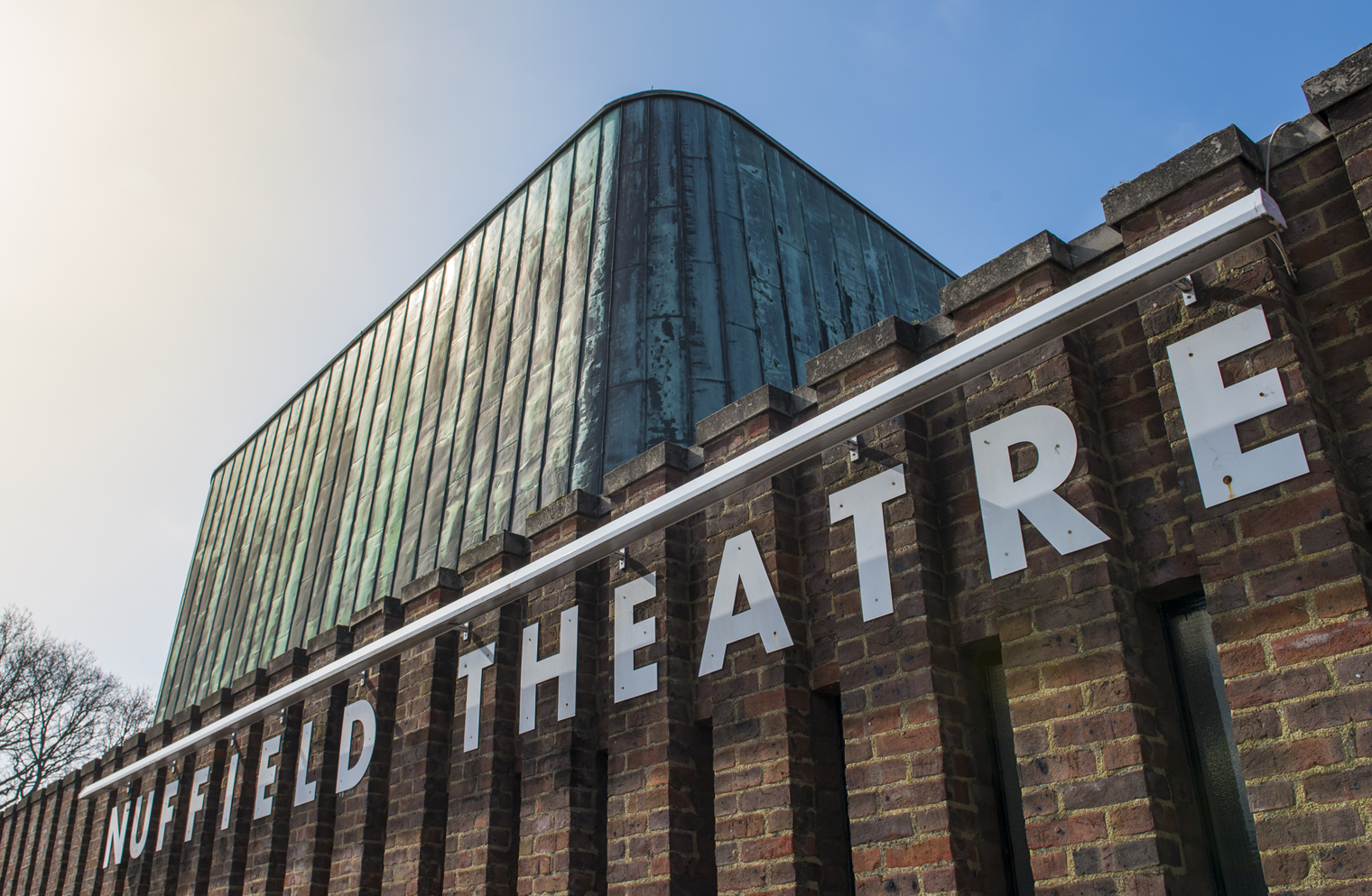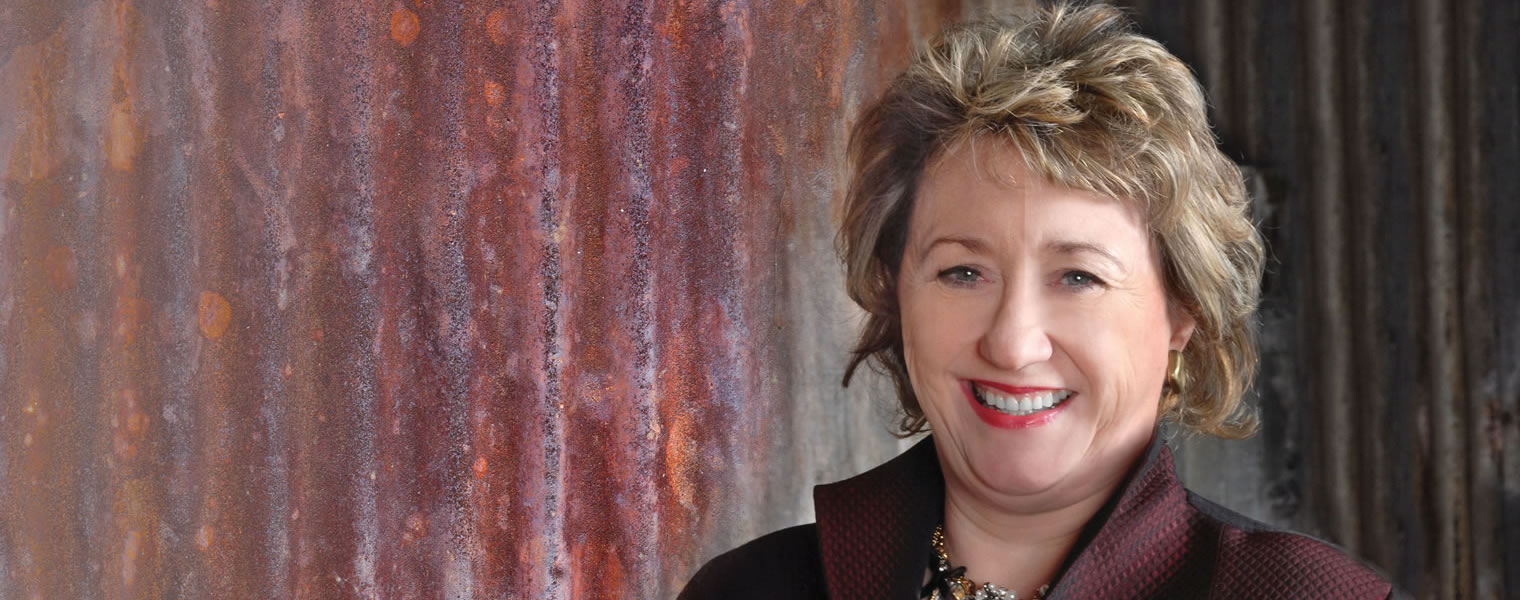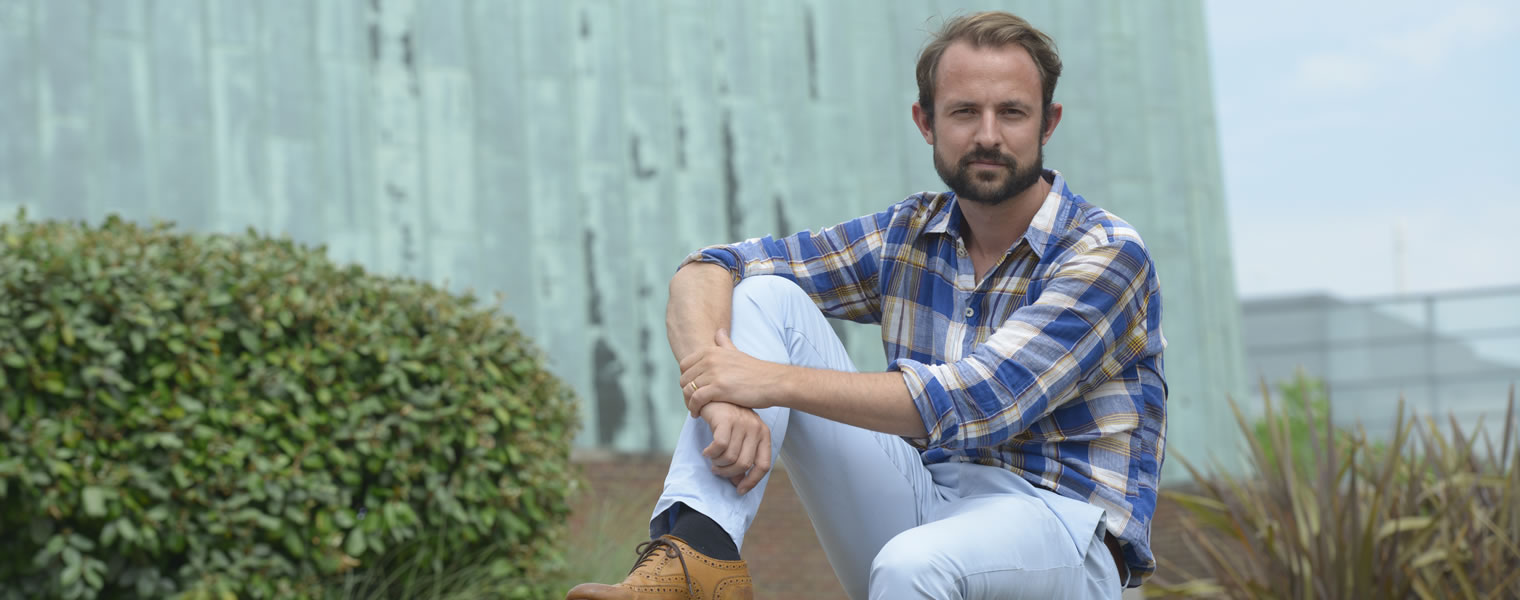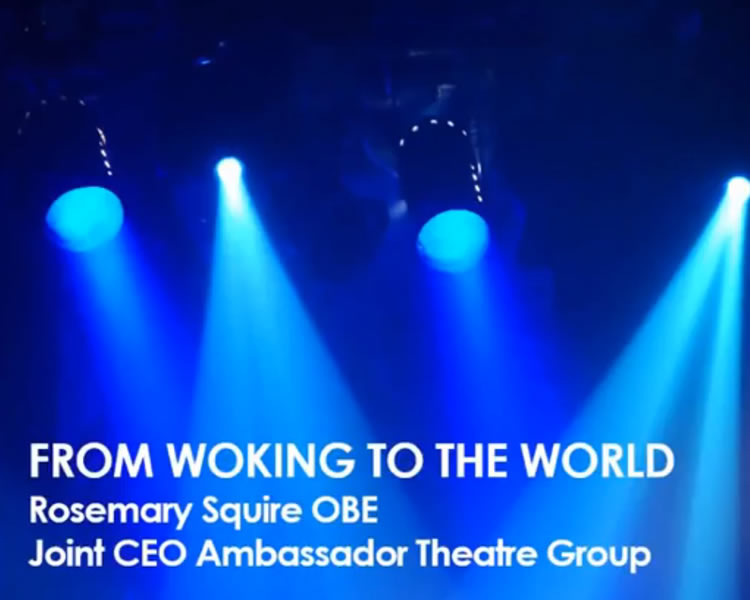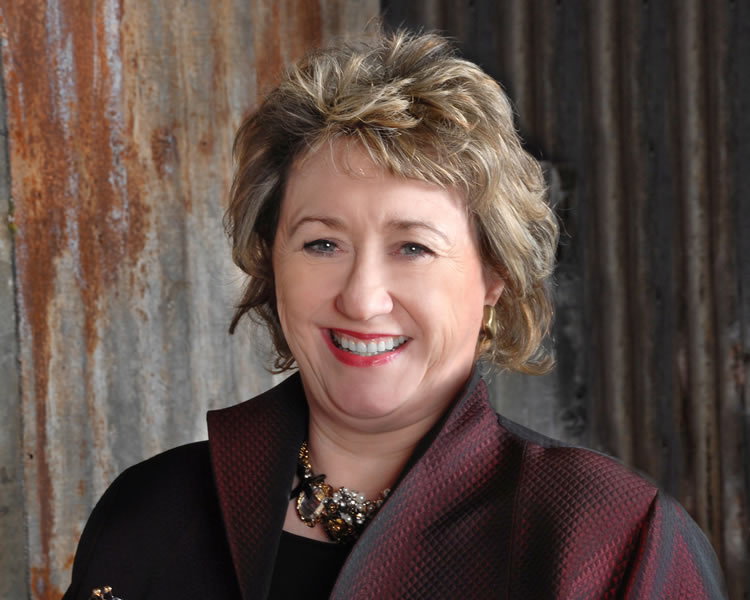Hartley News Online Your alumni and supporter magazine
The theatre industry’s unique structure presents both challenges and opportunities, as Ambassador Theatre Group founder Rosemary Squire and Nuffield Theatre director Sam Hodges discuss.
Rosemary Squire OBE (BA Spanish with Catalan and French 1979), co-owner and joint chief executive, Ambassador Theatre Group:
The whole time I was at University I also wanted to work in the theatre. The live theatre experience is quite unique – it makes us laugh, cry, see the world differently. Volunteering at the Nuffield Theatre and working in the payroll office at Southampton’s Mayflower Theatre gave me a passion for arts administration. This, together with my course, enabled me to build strong business and communication skills.
Commercial theatre is very fragmented – different companies own the theatres, do the ticketing, or produce the shows. At Ambassador Theatre Group we perform all three functions. We felt that bringing them together could present a solution to the many risks involved. We could grow box office revenues by producing more high-quality productions that would go to our own venues first, while earning commissions and fees from our ticketing division. This integrated business model was unique in the theatre industry.
We started out in Woking, where we played a significant role in an ambitious regeneration plan. The local authority wanted to see the heart of the town transformed, with the New Victoria Theatre as centrepiece. It was very tough at the beginning, but gradually, perceptions of the town changed, and we developed a reputation for working in partnership with public bodies, local authorities, and the Arts Council England, to deliver culture-led regeneration.
In 2009, having already bought one group of London theatres, we bought our largest competitors, Live Nation Theatres UK. They had 16 venues, including large-scale theatres, such as The Lyceum and Apollo Victoria in London’s West End. Up to this point we had been privately funded, but in order to expand we did our first deal with a private equity company, Exponent PE. We were able to grow our business simply because the scale of the canvas we could work on became exponentially bigger. It gave us the scale and credibility to allow us to attract money and consider growing even larger. It’s unusual for private equity to invest in theatre so it was a challenge to explain some of the idiosyncrasies of the business. However, we were able to demonstrate our track record in achieving ambitious targets.
We are now the largest live theatre business in the world, currently 38 theatres across the UK and one on Broadway – the largest on 42nd Street, and more coming soon.
There are differences between the West End and the Regions. With our regional theatres, getting the content right is the real challenge. That’s where our own production capability comes in – we aim for a balance of our own and third-party productions. We work in partnership with several local authorities in the UK regions and so pressure on local authority budgets also affects us. And it’s essential for us to build a good relationship with our regional customers – the frequent and loyal attenders – so that we become part of the cultural life of the town or city.
Our industry has significant potential. In 2014 around 15 million people attended theatre performances in London with £623m revenue from ticket sales (more than was taken at the capital’s cinemas). Live entertainment and exclusive experiences are increasingly highly valued and the UK’s creative teams are some of the best in the world. Of course there are always going to be some aspects of the industry that are more challenging or that perhaps are not thriving as much as one had hoped – you just have to try things out and learn from the experience.
Sam Hodges creative and executive director, the Nuffield Theatre:
Historically there have been divisions between the publicly funded and the commercial theatre sector, but that division has become less distinct over the last ten years.
Whereas the public sector used to take more risk, creative ideas are flowing from both sides and there is much more of a dialogue.
There are also distinctions between West End and regional theatres; the former are like ghost establishments. They are beautiful, big old buildings run by skeletal staff, effectively receiving houses that open their doors to an influx of artists, creatives and technicians who put on a show and then leave again. It is hard for them to forge any identity for themselves, particularly without an artistic director or a local audience.
While we benefit from a local audience and identity, it is important for us to build a national profile. First and foremost, we want to ensure that we have the highest quality of work in the building, and that means attracting the highest calibre of artists. Inevitably, a theatre having a robust and attractive national profile helps that process.
It also helps with validation. An audience member living locally is more likely to come if they read something about a production in the national papers. They will also have a greater understanding that, although it sits on campus, the Nuffield is a professional theatre attracting actresses such as Vanessa Redgrave and Celia Imrie.
I have had interesting conversations with the University about how to work together. I would love us to be commissioning a new piece of work annually that takes one of the multiple areas of high level research and finds a way to dramatise it. What theatre does best is take an important issue and find a language that engages the public, in the way that the production Enron dramatised the financial crash.
I feel strongly that the business and purely creative approach should work together. At the Nuffield, we have four stakeholders (Arts Council England, Southampton City Council, the University, and Hampshire County Council), but our aim is to grow our box office audience, which accounts for a quarter of income. The financial situation has meant that the public sector is less able to rely on subsidy, but that has led to some positive outcomes. There is useful rigour in terms of thinking properly about business models, but also, whenever people are squeezed and tension arises, it creates interesting and exciting things.
The role of theatre is to challenge and provoke. We won The Stage’s 2015 regional theatre award because we pushed the boat out and tried new things.
Our level of ambition in producing things such as the pop-up stage in the centre of Southampton for the football drama The Saints, was remarked on. It was an encouragement to us that we were moving in the right direction and we will continue to do so.
I am enormously passionate about theatre. There is something remarkable about the process of developing a story together, from inception of an idea through to the intensity of trying to make it happen for less money than you need. It’s an incredible feeling, having spent two years on a production, to then listen to the sound of a full auditorium and that sense of anticipation. It is one of the most cathartic experiences and unrivalled within the arts.
